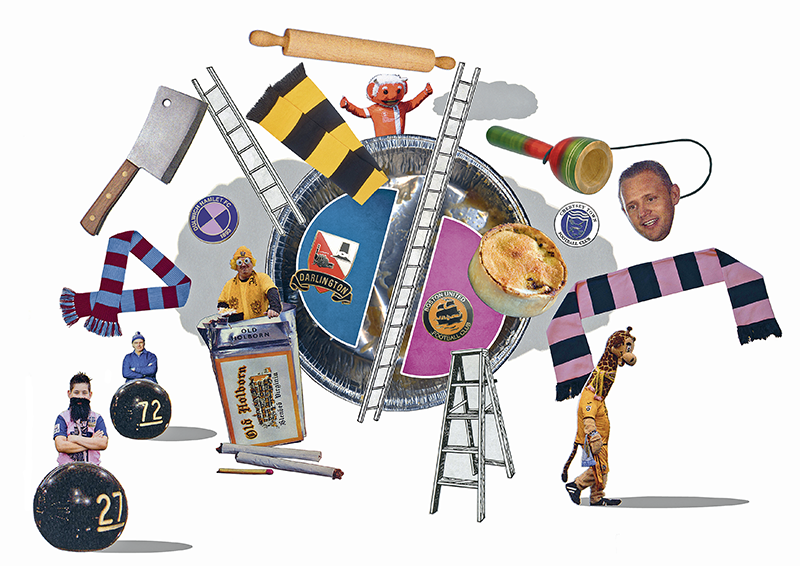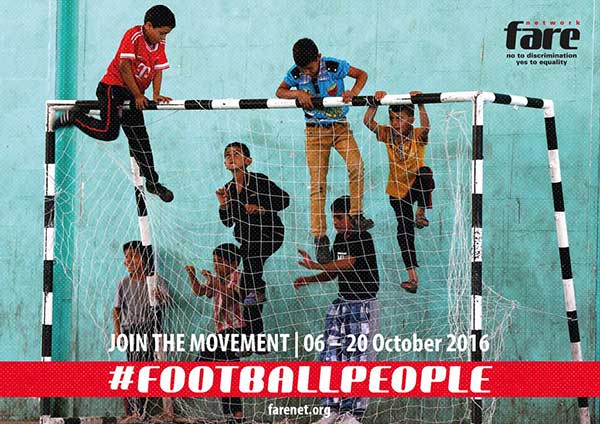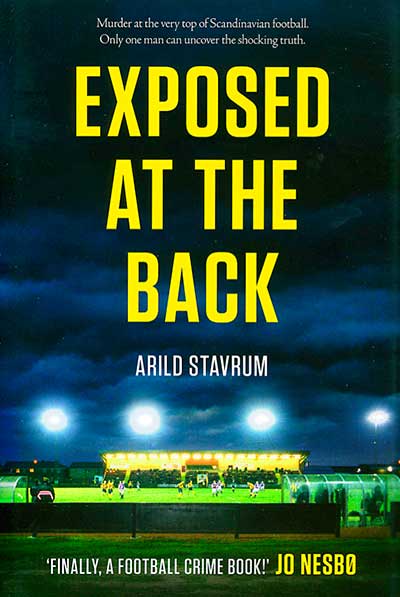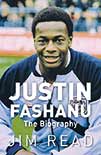
Search: ' homophobia'
Stories

Events will be held on issues including the participation and representation of women, homophobia and the involvement of ethnic minorities
 by Arild Stavrum
by Arild Stavrum
Freight Books, £14.99
Reviewed by Mark Sanderson
From WSC 343 September 2015
Perhaps the biggest criticism of ex-footballers working in the media today is that they don’t provide nearly enough insight into what life as a professional footballer is really like. If former Norway and Aberdeen striker Arild Stavrum’s football crime novel is anything to go by then that’s just as well.
Having played for eight clubs in several different countries, as well as working as a manager over a five-year period, Stavrum can offer a telling insight into the various goings on when a player moves clubs. In the book’s case those details tend to involve vast amounts of corruption.
Stavrum’s writing career began while still a player in his early 20s when the local paper asked him to write a column. This, his second novel, but his first to be printed in English, is based upon the murder of the most powerful man in Norwegian football: agent Arild Golden – a man whose ruthless pragmatism compels him to use any means to justify his desired ends. Golden has no moral objection to exploiting teenage African footballers and manipulating his way to earning hugely disproportionate margins on the player sales he negotiates.
Although he spent a few seasons at Pittodrie at the turn of the century, Stavrum’s critique is very clearly aimed at his home country, although the themes of ambition, greed, corruption and jealousy are universal. The murder has already happened as the book begins. Golden’s corrupt ways are revealed in a series of flashbacks, well demonstrated in his dealings with (a clearly fictitious) Everton chairman James Stirling, who he refers to privately as “Mr Gastric Bypass”. The agent’s hand in a particular transfer is strengthened considerably by incriminating photographs he has of Stirling with several Ukrainian women who turn out to be under-age. Golden blackmails Stirling to buy a certain player, as well as paying the full fee to a private bank account in Guernsey.
The plot brings together a young TV sports reporter and a recently retired former Ajax player, Steinar Brunsvik, who try to solve the case. The reason for Brunsvik’s retirement is the source of his motivation to uncover the killer. In the hands of a lesser writer this may have sounded as far-fetched as Brunsvik’s new career as a lawyer, but the characters are so well sketched out, and the dialogue so convincing, you put the book down trying to remember where you saw him play.
Stavrum excels in creating an environment highlighting the leading characters’ growing paranoia, but he doesn’t hang about: the book moves in rapid-fire chapters that manage to address homophobia, racially divided changing rooms, doping, the culture of celebrity, and what it is to be a single parent, in an insightful way. The book is brought to a satisfying conclusion; the only negative aspect is that it might trigger a trend for publishers to go looking for ex-footballers to become novelists. Stavrum has earned the right to be described as the latter and the book deserves a wide readership.
{youtube}eTb-eepjheE{/youtube}
 The biography
The biography
by Jim Read
DB Publishing, £14.99
Reviewed by Al Needham
From WSC 307 September 2012
By all accounts, and even by the standards of the pre-AIDS gay subculture of the early 1980s, Nottingham’s La Chic: Part Two was a hell of a club. According to an article in Notts magazine LeftLion: “On a typical night, you might find Su Pollard whooping it up to the latest American imports, while a regal Noelle Gordon wafted around, flanked by stage-door johnnies. You could even avail yourself of the services of a resident chaplain, after you’d made use of the pitch-black sex room.”
The most shocking aspect of the club, however, was that for over two years, it was patronised by one of the country’s best-known young footballers – and it never crossed anyone’s mind to tell the newspapers about it.
Justin Fashanu’s life would have been a seething melange of contradiction even if he’d had the sexual tastes of George Best. Fashanu was a black child raised in a staunchly white community, a born-again Christian (converted in a Nottingham car showroom) in a country that saw that sort of thing as a bit American and odd, and a teetotaller at a workplace where everyone from the boss down went out and got battered. So discovering that he actually preferred other men to the fiancée he’d brought up from Norwich reads like just another contradiction to add to the pile.
As this meticulously researched book spells out, Fashanu was (and is) impossible to pigeonhole. For starters, like his brother, he wasn’t afraid to put himself about, and there’s a great story of him confronting a group of National Front supporters in a pub and breaking the jaw of one of them.
On the other hand, if you’re looking for a stoic sexual-equality pioneer, he wasn’t your man, displaying an arrogant sense of entitlement that put noses severely out of joint, making up affairs with Julie Goodyear and Tory MP Steven Milligan, and using his sexuality to cash in whenever possible.
Crucially, the author could have laid on accusations of institutionalised homophobia with a trowel, but – while making it clear that things are much better now than then – he also points out that the majority of Fashanu’s peers didn’t give a toss who he was shagging, as long as he was playing well. The book also gets as near to the truth of the circumstances surrounding Fashanu’s rape charge in the United States and subsequent suicide in London as readers are ever likely to get.
After you’ve read this extraordinary story – and you should – you can’t help wondering what a 20-year-old Justin Fashanu would be like today. He wouldn’t be the only non-boozer or born-again Christian in the dressing room, he’d be allowed to be as petulant as he liked, and a Twitter feed, invitations to celebrity game shows and Hello and OK sniffing round his house would sate his need for publicity.
But you can’t shake the feeling that there would still be an agent in his ear putting a monetary value on keeping his mouth shut and his trousers on, and a forest of arms brandishing iPhones greeting him outside NG1, Nottingham’s barn-sized gay club. We like to think that, as a society, we’re ready for the next openly gay footballer, but this book spells out exactly why we’ve been waiting so long since the last one.